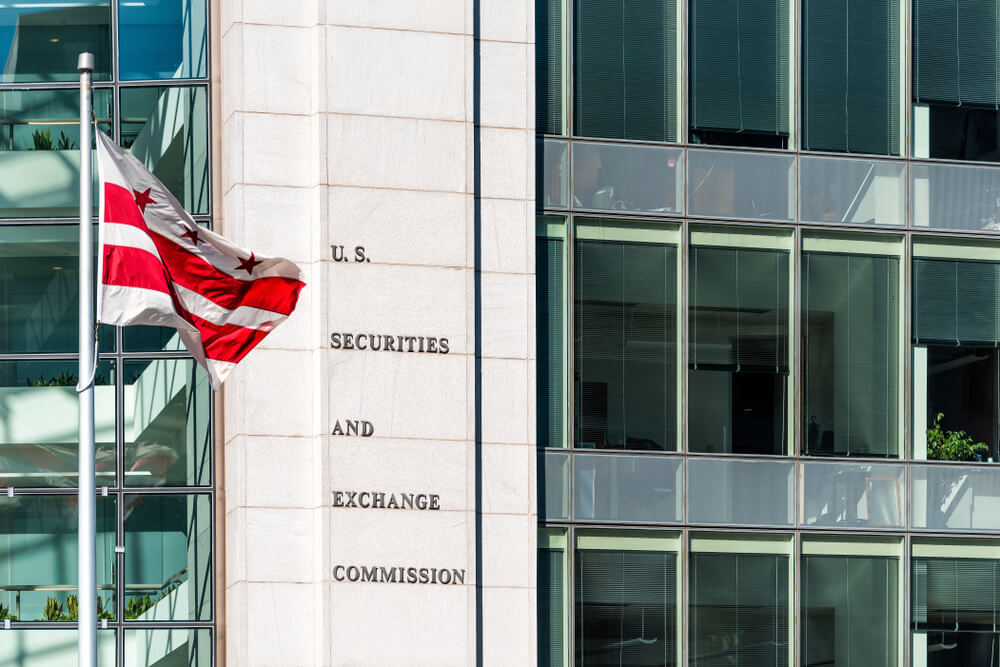ImpactAlpha, Nov. 1 – Mandatory climate disclosure is coming. The question is, when and to what degree.
California’s landmark climate disclosure law, SB 253, will apply to some 5,000 large public and private companies doing business in the state, the world’s fifth-largest economy. Under the European Union’s Corporate Sustainability Reporting Directive, or CSRD, large publicly listed companies will need to begin reporting their emissions in 2025. And the Securities and Exchange Commission could finalize its long-delayed rule for climate disclosure before the end of the year.
The most controversial piece of all of the efforts: the mandated reporting of emissions generated by corporate supply chains and the end use of their products. Such disclosure can help investors assess material risks posed by companies’ carbon footprints. Critics charge that these indirect emissions, known as “scope 3” emissions, are too burdensome to measure, or can be gamed.
The SEC received some 16,000 comments from investors, corporations and stakeholders on its proposed rule, a large portion of them about scope 3. The final law is almost certain to face legal challenges.
Scope 3 backlash
Investors fear that pushback against the scope 3 provisions could water down or delay the final California and SEC rules. “Really important issues have been raised around scope 3,” the SEC’s Gary Gensler told the Wall Street Journal in September. “We’re going to have to think about what to do with scope 3.”
Gensler and his staff have been weighing feedback and legal threats since the agency proposed the rules in 2022. The draft rules require large public companies to report on scope 3 emissions “if material” or if the company has set an emissions reduction target that includes indirect emissions.
Similarly, Calif. Governor Gavin Newsom has suggested that SB 253 needs some “clean up.” “Passing a bill and getting it signed into law is only the first step,” noted Calif. senator Scott Weiner on a briefing this week arranged by the investor group Ceres, which backs such reporting.
“We’re going to have to pay very close attention next year to make sure that any effort to undermine this is met with a lot of pushback.”
Weiner noted that he’s worked on a lot of bills and regularly deals with misinformation campaigns, adding, “I’ve never seen this level of misinformation from the opposition” as he’s seen around the California bill.
Man in the middle?
In a recent discussion with Gensler, Tom Quaadman of the Chamber of Commerce, which opposes stronger climate disclosure, raised a scenario where Republican-led states could pass laws blocking climate disclosures, the way they have banned environmental, social and governance, or ESG, practices. That would leave companies in a bind.
“There’s a role for the SEC to try to bring some consistency and comparability” to reporting standards, said Gensler. “That drives efficiency and capital markets because then investors get something consistent.”
“Our rulemaking and our remit is about investors. It’s about materiality,” Gensler added. “Our rulemaking and our remit is about investors. It’s about materiality,” Gensler added.
If the SEC rule looks like California’s, Quaadman half joked, “it is reasonable to say our lawyers would be meeting in court.”
Scope 3 myths
For most companies, scope 3 emissions are 11 times larger than the direct “scope 1” and “scope 2” emissions generated by their operations. For financial institutions, almost all of their emissions come from their portfolios.
Still, hundreds of corporations already voluntarily measure their scope 3 emissions, says Ceres’ Laura Draucker. “Private sector actors face a choice: be clear eyed now about their exposure so they can take the prudent steps to address it—or deal with consequences that will be far worse.”











